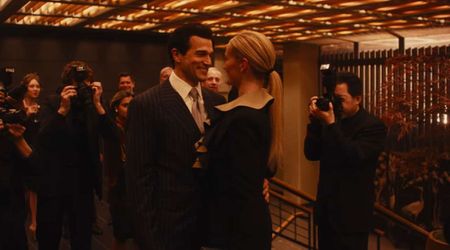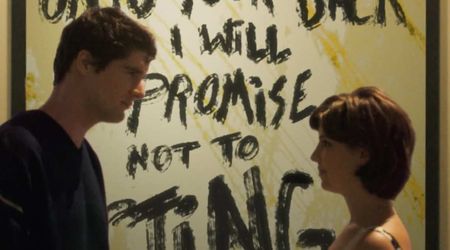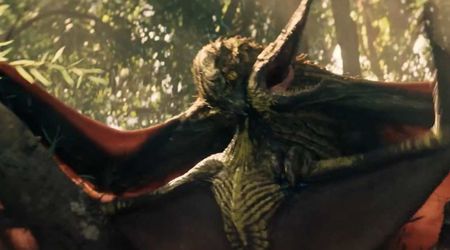'The Big Bang Theory': How CBS' sitcom helped normalize geek culture
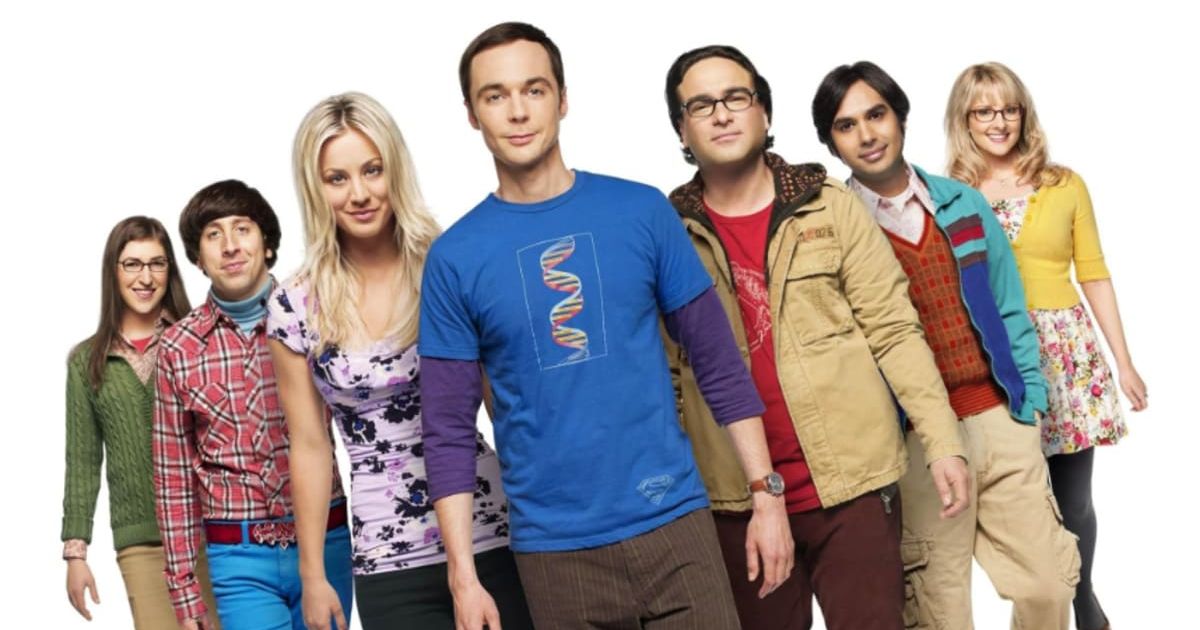
LOS ANGELES, CALIFORNIA: Today, the term 'nerd' encompasses a diverse range of meanings, far more inclusive than in the mid-2000s when 'The Big Bang Theory' debuted.
The show's fanbase predominantly comprised the same 'geeks' it depicted with sharp humor, which created a somewhat contradictory message. Moreover, the series often misrepresents nerd culture, perpetuating stereotypes.
However, 'The Big Bang Theory' does accurately portray some aspects of modern geekdom, leaving an undeniable impact on nerd culture. Its depiction of certain elements rings true, despite its flaws.
But what made 'The Big Bang Theory' normalize the geek (and nerd) culture? Here's why we believe CBS' sitcom nailed the geeky references and delivered some beloved moments for fans.
'The Big Bang Theory' showed us that nerds usually have a small circle
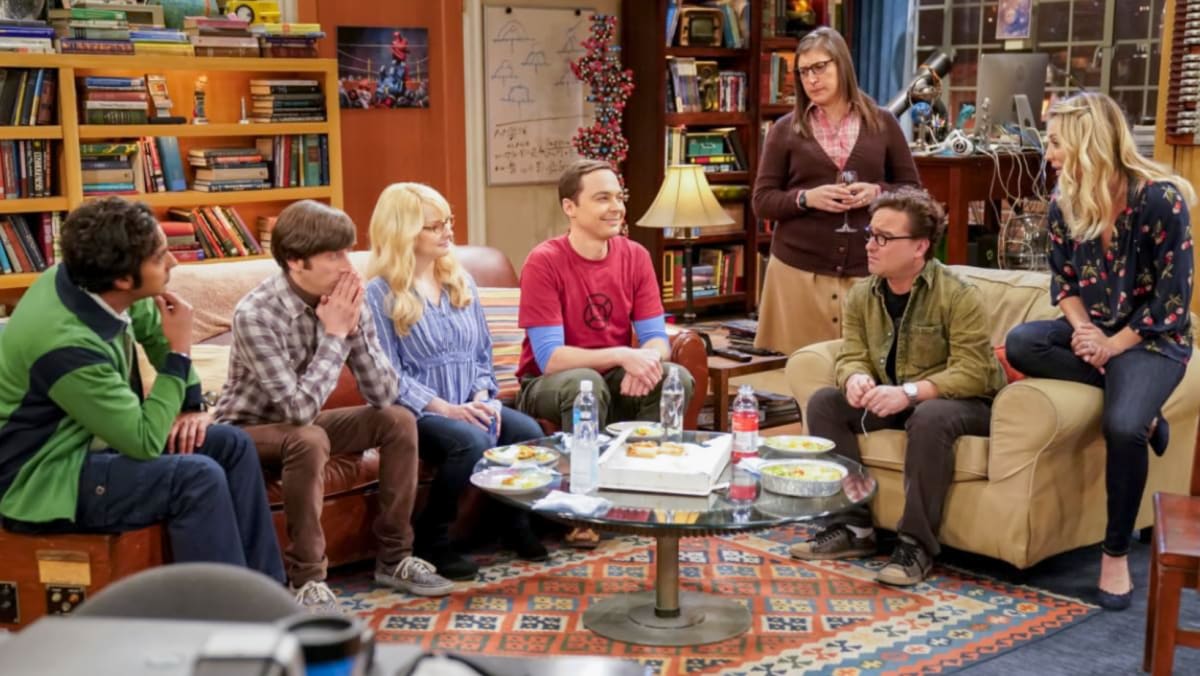
In nerd culture, having a tight-knit friend group is common. Millennials, embracing the idea of self-love, often gravitate towards small circles where they feel accepted and can bond over shared interests.
This inclination is reinforced by social media, where memes and references are shared among trusted friends. In 'The Big Bang Theory', characters like Sheldon, Raj, Leonard, and Howard are selective about who enters their inner circle, reflecting this aspect of geek culture accurately.
Their hesitancy to expand their group underscores the importance of deep connections within the geek community.
There's always a competition for who the bigger nerd is

Similar to certain frat boy groups or sororities, establishing the 'alpha nerd' is a common practice in nerd culture. It can range from playful teasing among friends to intense competition within fan clubs or interest-based groups.
The 'alpha nerd' is typically the one with the most prized collection from a particular franchise or who can effortlessly quote lines from 'Harry Potter'.
For instance, in 'The Big Bang Theory', Leonard and his friends often sparred over possessions like the Sword of Azeroth or debated who had the most accurate grasp of the physics behind Superman.
These friendly rivalries add a layer of excitement and harmony to geek communities, reinforcing bonds while celebrating individual expertise.
Embracing the unique appeal of obscure interests in modern culture
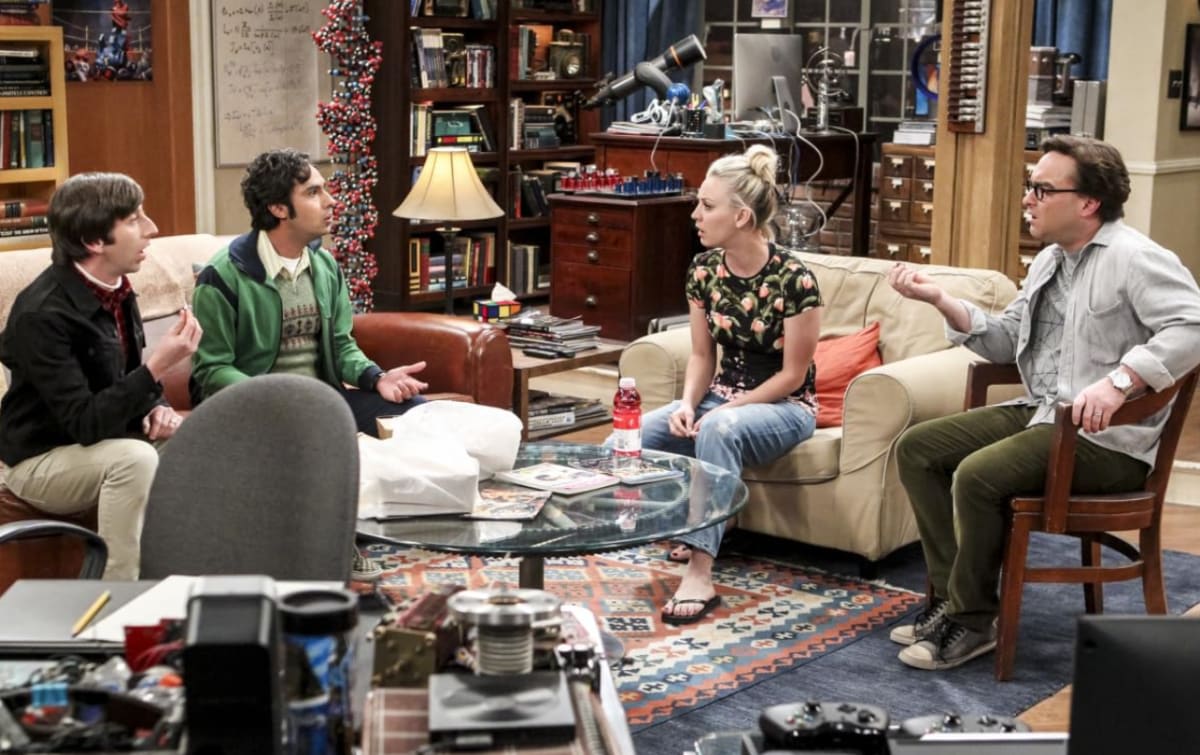
Leonard, Sheldon, and their friends are drawn to niche and obscure interests that affirm their status as nerds. Sheldon's passion for vintage video games and playing the Theremin is a prime example.
Even when they ventured to the North Pole, they deliberately opted for lesser-known mountain horror movies for their watchlist, showcasing their appreciation for the unconventional.
In modern nerd culture, embracing niche merchandise and obscure trivia sets enthusiasts apart from the mainstream crowd, allowing them to celebrate their unique interests.
This pursuit of the obscure not only defines their identity but also fosters a sense of belonging within the geek community, where esoteric knowledge is highly valued.
Challenging intellectual bullying within nerd culture: A necessary conversation
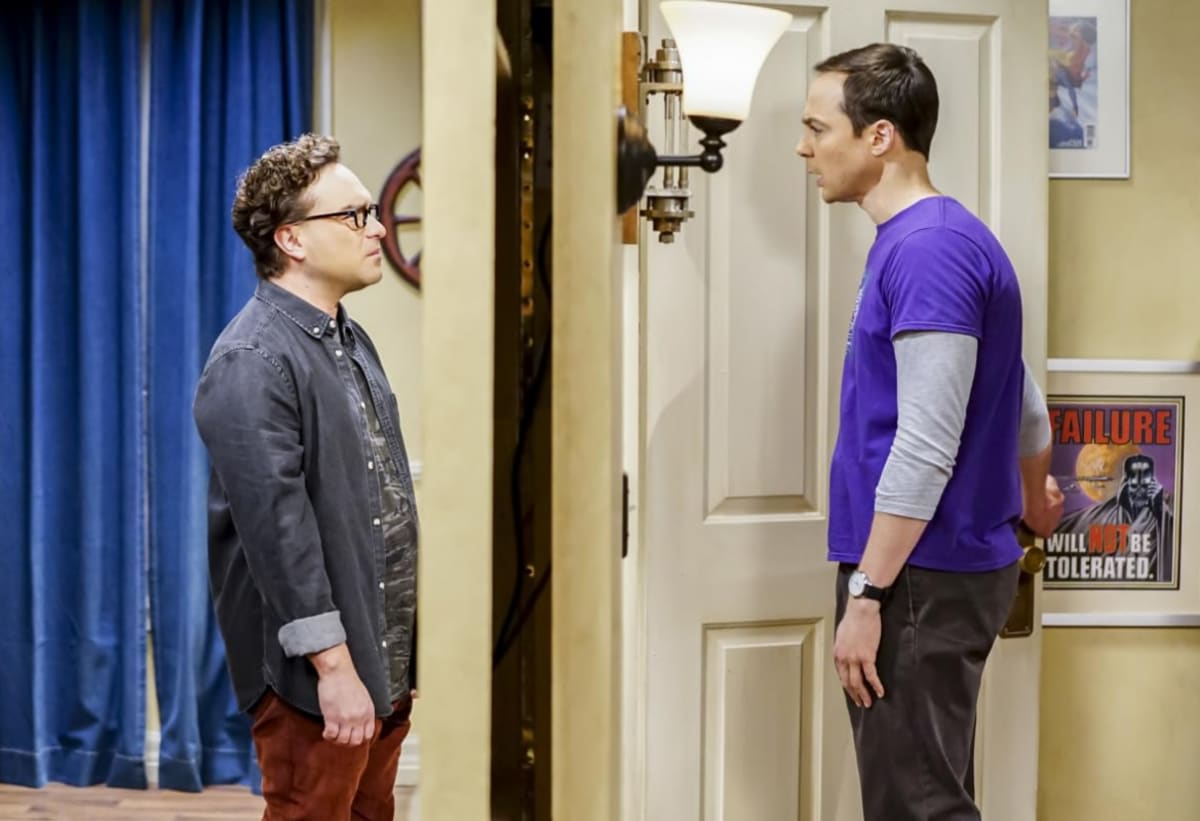
Insults and intellectual bullying unfortunately prevail in nerd culture, especially within academia. A notable instance is Sheldon's treatment of Howard in 'The Big Bang Theory'.
What's concerning is that when Sheldon belittles Howard, his friends don't intervene or address his behavior.
This reluctance to confront such behavior is widespread in nerd culture and highlights a troubling aspect of this lifestyle: the tendency to humiliate others based on their credentials or knowledge gaps.
Addressing and challenging this behavior is crucial for fostering a more inclusive and respectful community within nerd culture.
Nerds get anxious when their favorite shows are canceled
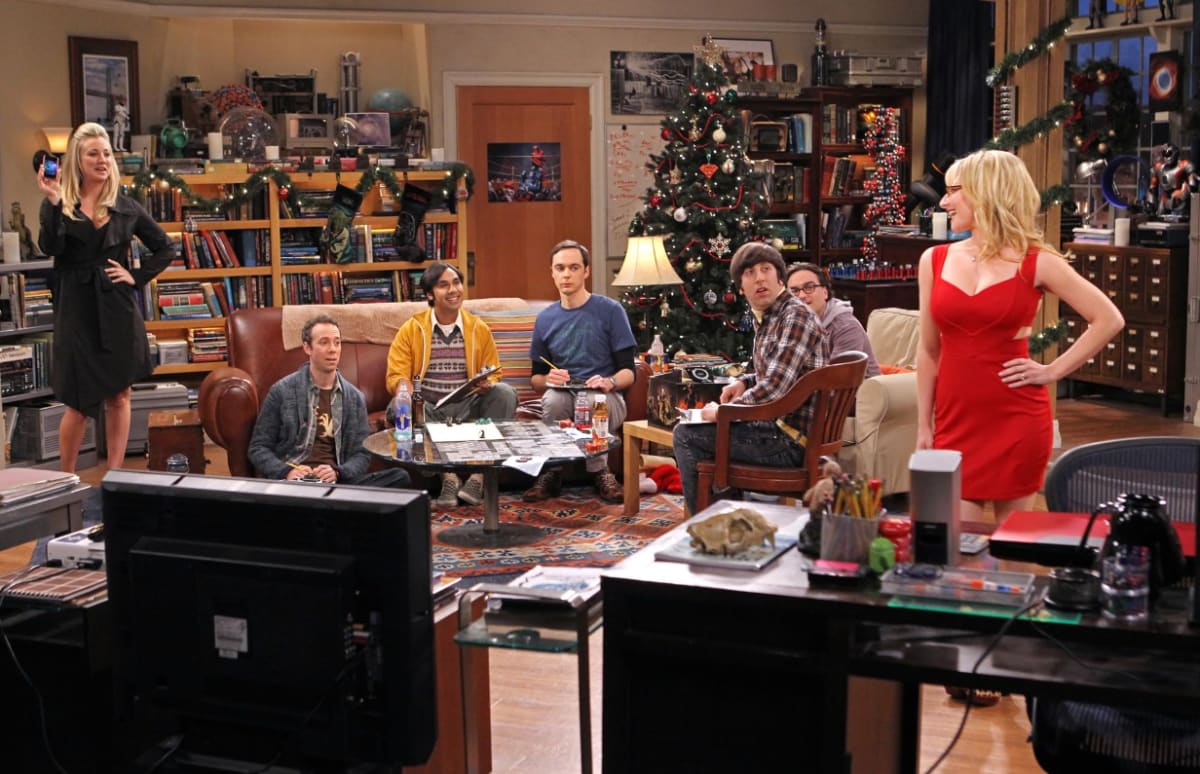
It's natural for anyone to feel disappointed when their favorite series gets canceled, especially now with streaming platforms being quick to pull the plug on shows. But for nerds, it hits harder because they tend to get deeply invested in what they love.
Watching a show often leads them to connect with other fans online, discussing theories, dissecting hidden Easter eggs, and more.
So when a beloved show gets axed, it's a tough blow. This explains why Sheldon would be so devastated by the cancellation of 'Firefly' or 'Alphas'.
The emotional attachment runs deep, making it more than just the loss of a TV show; it feels like losing a part of their identity and community.
Ultimately, while 'The Big Bang Theory' has made its mark on popular culture, it also serves as a springboard for deeper conversations about representation and inclusivity within the geek community.
How to stream 'The Big Bang Theory'?
'The Big Bang Theory' is available to stream on Netflix as well as Prime Video.
The Netflix membership plan starts from $6.99/month for the standard plan with ads.
The standard plan without ads is priced at $15.49/month, while the Premium plan costs $22.99/month.
Prime membership costs $14.99 monthly or $139 annually, with various discounts available.
'Prime Access' is $6.99/month for government assistance recipients, while 'Prime Student' is $7.49/month or $69/year for college enrollees, offering exclusive perks.
Amazon provides a 30-day trial for Prime and Prime Access, allowing users to explore benefits before committing.
'The Big Bang Theory' trailer


